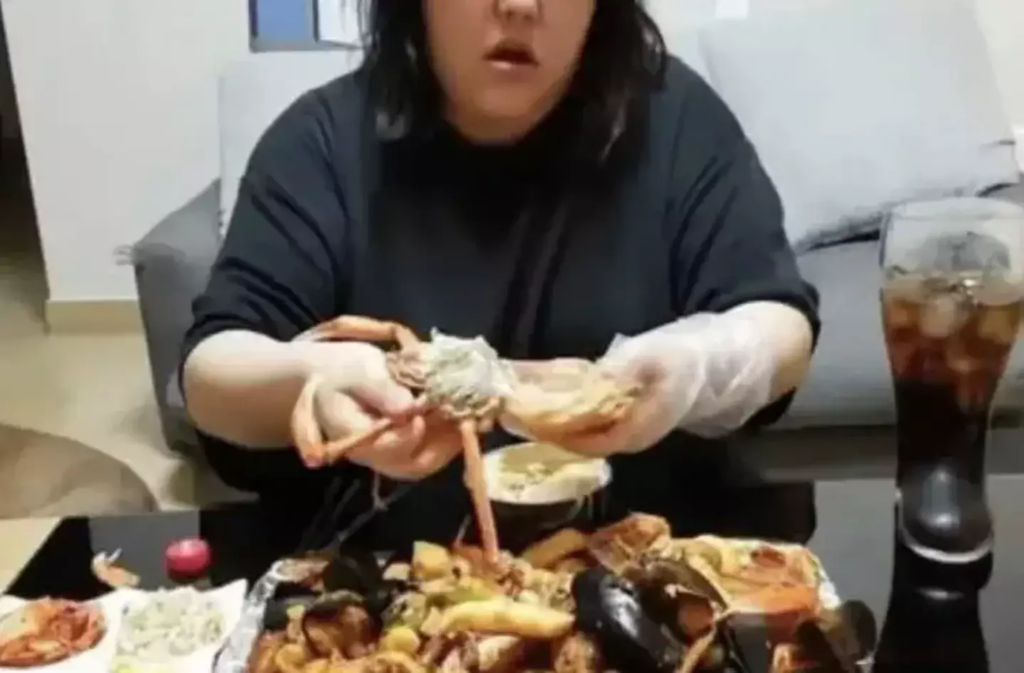A young social media star, Pan Xiaoting, known for her ‘extreme eating’ challenges, tragically passed away during a livestream earlier this month. The 24-year-old Chinese internet sensation had gained a massive following by promoting her unique content on popular video-sharing platforms such as TikTok and YouTube.

Xiaoting’s online channels featured ‘mukbang’ content, where she would consume large amounts of food while engaging with her audience. What set her apart from others in this controversial culinary genre was the quantity and unhealthy nature of the food she consumed. Some of her most popular videos showcased her devouring enormous portions, sometimes exceeding 10kg per meal. Reports suggest she even attempted to eat continuously for up to 10 hours a day.
However, Xiaoting’s extreme eating habits took a toll on her health. She had been previously hospitalized due to gastric bleeding caused by her excessive food consumption during livestreams. Although doctors warned her about the severe health risks, she chose to continue with her popular content.

Tragically, during a livestream earlier this month, Xiaoting passed away. The subsequent autopsy revealed her stomach was filled with undigested food, and her abdomen was severely deformed at the time of her death.
This heartbreaking incident comes four years after China imposed a ban on ‘mukbang’ videos to address issues related to overeating, obesity, and food waste. Chinese leader Xi Jinping had expressed concern over the amount of abandoned food in the country and initiated penalties for food service operators who encouraged wasteful consumption. Offenders could face fines of up to 10,000 yuan (£1,066.73).

Dr. Andrew Harris, a senior lecturer of psychology at Nottingham Trent University, warns about the risks associated with promoting ‘mukbang’ content. He explains that these videos may reinforce a cycle of overeating and unhealthy food relationships.
It is truly a tragic and cautionary tale that highlights the importance of maintaining a healthy relationship with food and the potential dangers of extreme eating challenges.






